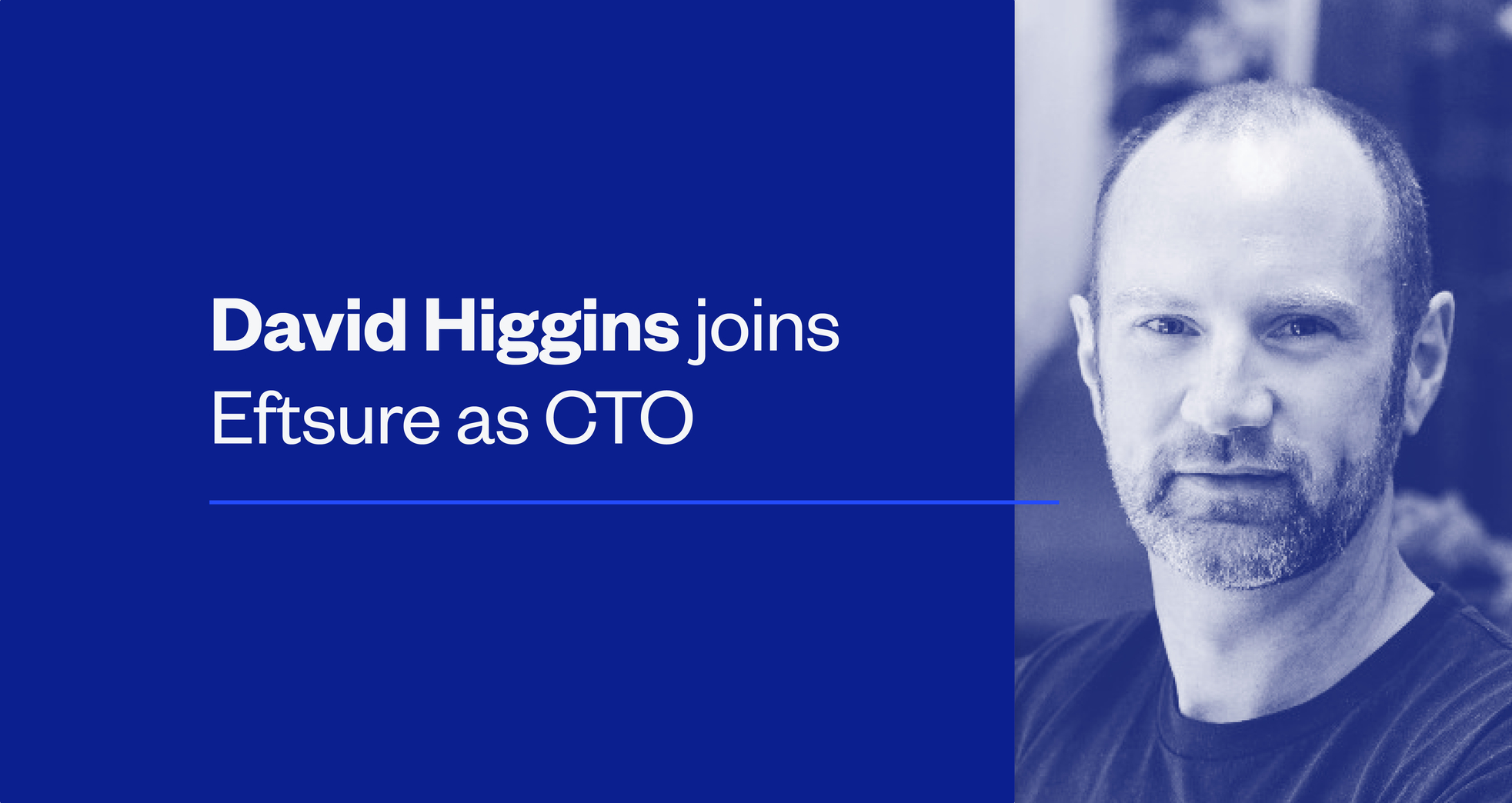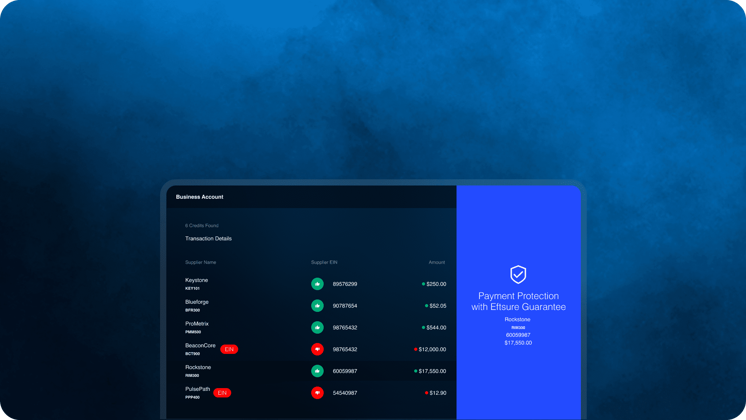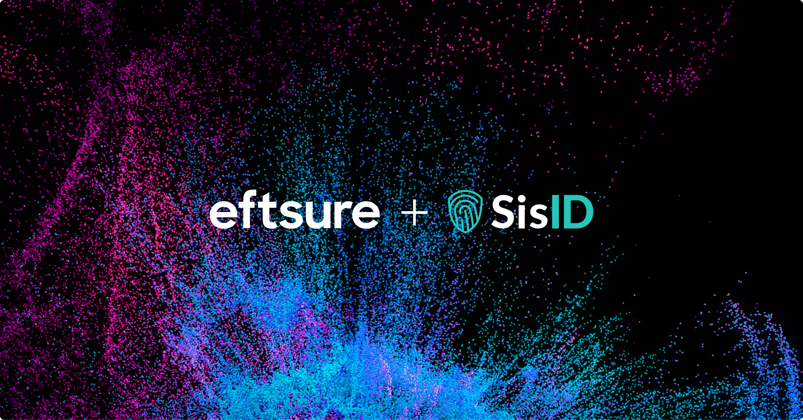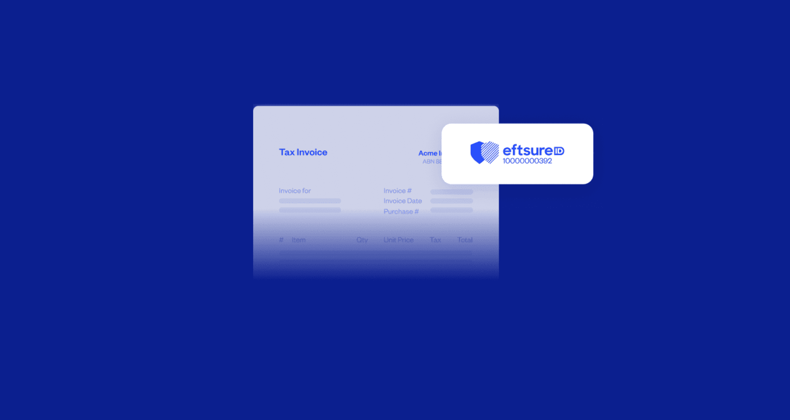David Higgins has spent more than 20 years "building awesome software," as his LinkedIn bio can attest. A seasoned Chief Technology Officer (CTO), he spent a lot of that time leading teams across a variety of industries, including fintech, medtech, and traveltech.
David recently joining Eftsure felt like a "homecoming," he says. Earlier in his career, David had already notched more than a decade in fintech at OFX. Joining Eftsure's mission to fight payment fraud felt like a natural next step. And, from Eftsure's view, recruiting David has been vital to scaling and growing Australia’s leading solution in payment fraud prevention.
It wasn’t just the mission that attracted David to the role, though. We sat down to find out why he’s excited about Eftsure, his approach to change, his thoughts on leadership – and why he’s careful with the word "innovation."
Eftsure: an opportunity for step-change
Who is David, exactly? Outside of the office, you’ll likely find the Manly-born father of three spending time with his family or out on a bike.
"When I used to commute by bike, I wouldn’t want someone to overtake me. I’m quite competitive, hopefully in a healthy way," says David.
That competitiveness is definitely present, but far more nuanced is his leadership style, with David describing a drive to help the right organisation make a step-change and excel beyond an existing track record of success.
"It was something that attracted me to Eftsure," he says. "I wanted to join a company with proven success but also a desire to evolve. Eftsure had that combination, along with a supportive yet no-nonsense culture."
The intersection of success and change is where David seems to see the most opportunity, with scale providing more chances to "try new things, step into new roles, take on new markets."
A successful approach to scale
Scaling a fast-growing business like Eftsure is exciting and challenging, but it’s a challenge that David is familiar with.
"When you’re coming in as a leader, the important thing to remember is that everyone is doing the best they can at the time. But, to grow as a business, you also need to look back at something from 12 months ago and ask, ‘How can we do it better?’"
That type of respectful yet continuous questioning is at the core of David’s approach to scaling a business. It starts with a curiosity about why things are done a certain way, which means understanding how legacy systems and approaches have played positive roles in a company’s trajectory.
But David says the next steps are helping teams recognise and question their current constraints, and then "unlocking the things that people already want to do."
"As companies grow organically, things are done a certain way for the right reasons," he says. "You want to free people from a scarcity mindset. Constraints can be healthy and even desirable, but you do need to question them and push up against the guardrails sometimes."
Balancing collaboration and accountability
"True high performance is hard to achieve across an entire function or organisation and single point accountability is a massive part of that."
Of course, there’s one big necessity for understanding and questioning legacy constraints: collaboration. David says this means collaboration at every level.
"If we want to be that [collaborative] company externally, we have to be that company internally. We have to seek out opinions beyond our immediate group, and our processes need to enable that approach."
But he also warns that "collaboration" can’t mean a diffusion of accountability, emphasizing the importance of a "culture of accountability."
"‘High performance’ might be an overused term, but it is still relevant. True high performance is hard to achieve across an entire function or organisation and single-point accountability is a massive part of that.
"It’s not a stick to use on people, but an enabler for individuals to be empowered and ensure that they understand what is expected of them. Collaboration requires the accountable party to consult with the right people, but collaboration can’t be an excuse for a lack of accountability."
It’s one reason why David is intentional when the word "innovation" comes up, noting that innovation can take different forms in different organisations. What might be old hat in one industry can be revolutionary when applied elsewhere.
"Innovation needs to be purposeful. It needs a custodian, someone who’s responsible for success metrics around a clearly defined strategy."
Looking forward
Eftsure already safeguards more than $120 billion in B2B payments per year – David says he’s focused on building on this success, looking for new ways to improve products, empower teams, scale the organisation and help make Australia and New Zealand’s business communities more secure.
"Opportunity is the most important thing. The right people and the right culture are necessary, that goes without saying. But it all needs to be aligned with the right growth opportunities and what people want to do.
"That’s how we can achieve big things."







